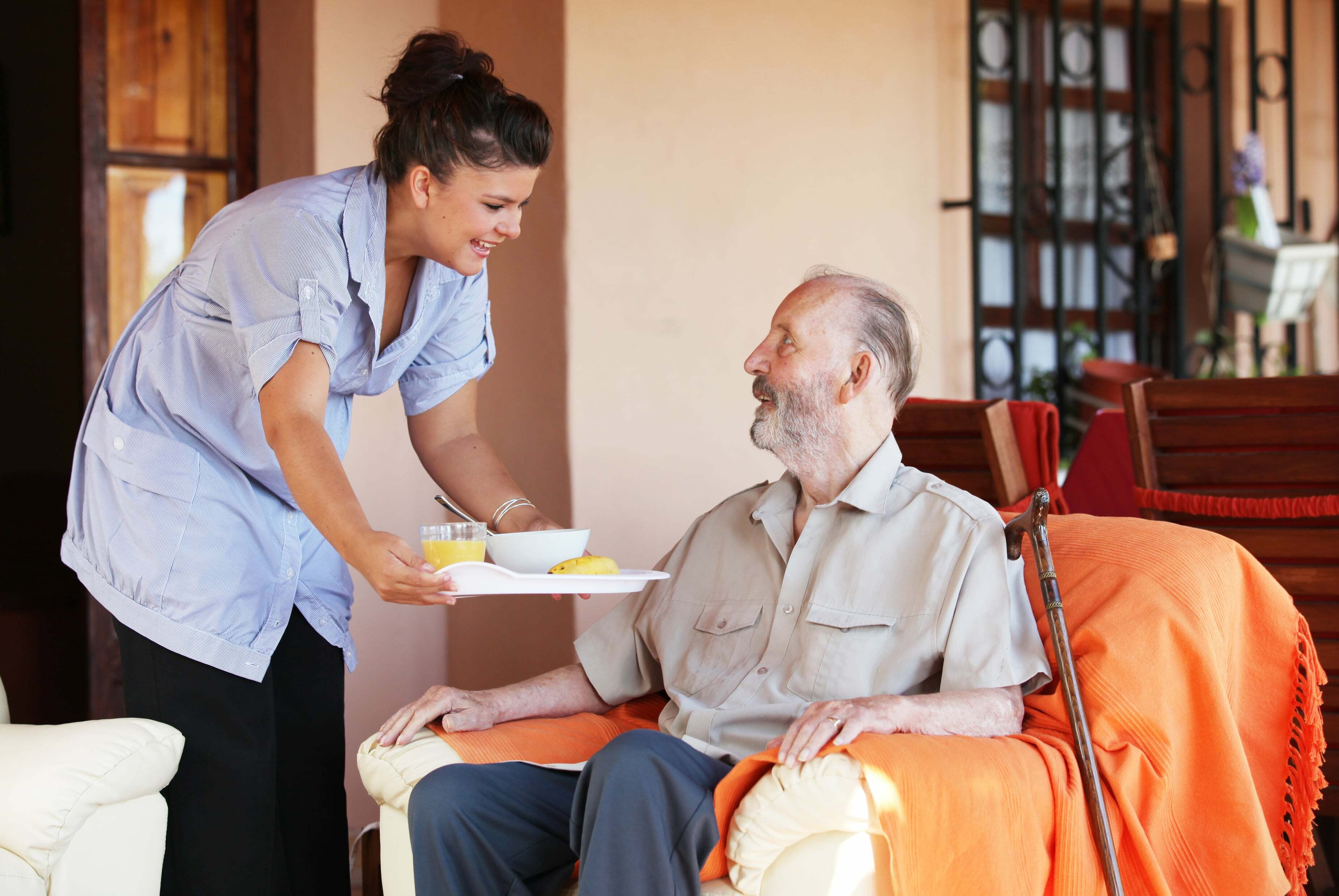The ROSA OMS is a quality and safety monitoring and benchmarking system designed to promote quality improvement, transparency, and accountability for the aged care sector.
The ROSA OMS is a pragmatic and low burden tool for aged care providers and residents, using existing integrated data from national and state-based aged care and health care datasets.
The ROSA OMS reports on twelve quality and safety indicators for residential aged care and fifteen for home care package services.
You can access the summary reports for South Australia here:
ROSA OMS Residential Aged Care Brief Reports:
ROSA OMS Home Care Brief Reports:
These reports are planned to be released annually. The inaugural ROSA OMS report for residential aged care was released in September 2022 and home care in late June 2023.

Development of the ROSA OMS
The indicators included in the ROSA OMS were selected after a review of international literature and consultation with the ROSA OMS Advisory Committee. Indicators were selected if they were:
-Implemented internationally, or
-Recommended for monitoring in aged care populations, or
-Associated with poor outcomes and increased risk of harms, and
-Feasible to be examined using ROSA.
For more information on the ROSA OMS development see:
[1] Inacio M, et al. The Registry of Senior Australians (ROSA) Outcome Monitoring System: Quality and Safety Indicators for Aged Care. International Journal of Quality in Health Care. October 2020, 32(8):502-510.
[2] Caughey G, et al. Quality and safety indicators for home care recipients in Australia: development and cross-sectional analyses. BMJ Open. August 2022,12:e063152.
The ROSA OMS Indicators Technical Specifications
| ROSA OMS Indicator | Residential Aged Care (2025) | Home Care Package Services (2025) |
|---|---|---|
| Antipsychotic use | Available here | Available here |
| Chronic opioid use | Available here | Available here |
| High sedative load | Available here | Available here |
| Antibiotic use | Available here | Available here |
| Fall-related hospitalisation | Available here | Available here |
| Fractures | Available here | Available here |
| Premature mortality | Available here | Available here |
| Medication-related hospitalisation | Available here | Available here |
| Weight loss or malnutrition-related hospitalisation | Available here | Available here |
| Delirium or dementia-related hospitalisations | Available here | Available here |
| Emergency department presentations | Available here | Available here |
| Pressure injury-related hospitalisation | Available here | Available here |
| Chronic disease management plan | N/A | Available here |
| Home medicines review | N/A | Available here |
| Wait time for home care packages | N/A | Available here |
For aged care providers and staff
How can the ROSA OMS be used?
Individual residential aged care and home care ROSA OMS reports are available to South Australian providers at the provider, facility or service level. We hope these reports facilitate the evaluation of care delivery and inform quality improvement activities, through provision of risk adjusted (i.e., that account for differences between facilities) measures of quality and safety, and benchmarking.
How can I request a copy of the ROSA OMS?
If you are a South Australian provider, you can receive an individualised report tailored to your facility or service. This report provides state and national benchmarks for comparison.
To request a copy of the ROSA OMS Residential Aged Care Facility and/or Home Care Provider Report, email the completed form to rosa.oms@sahmri.com.
Consultation
The ROSA team is offering consultation for providers to review their report. This can be scheduled by emailing the ROSA team at: rosa.oms@sahmri.com.
Who developed the ROSA OMS?
The ROSA OMS was developed by the ROSA Research Team and the ROSA OMS Advisory Committee, which includes aged care providers, peak bodies, clinicians and consumer representatives.
SAHMRI: Prof Maria Inacio, Prof Gillian Caughey, Dr Tesfahun Eshetie, Catherine Lang, A/Prof Keith Evans, Olivia Ryan, Chin Tho Leong, Caitlin Wyman, Laura Young
Aged Care Industry Association (previous CEO): Luke Westenberg
Ageing Australia: Anita McStay, Nick Elmitt
Australian Commission on Safety and Quality in Health Care: Dr Helena Williams
Australian Medical Association: Dr John Williams
Australian Nursing and Midwifery Federation (SA Branch): Megan Corlis
Bolton Clarke: Dr Rajna Ogrin
Consumer and Community Representatives: Penelope Lello, Marilyn von Thien, Marjorie Schulze
Council on the Ageing (COTA) SA: Miranda Starke
Department for Health and Wellbeing SA: Adjunct/Associate Professor Kate Swetenham
ECH Inc: Carolyn Dawkins
Flinders University / SA Health: A/Prof Craig Whitehead
Macquarie University: Prof Peter Hibbert
SA Innovation Hub / Kalyra: Sara Blunt, Simon Charlton
Silverchain: Adjunct Professor Karen Smith
Adelaide University/Central Adelaide Local Health Network: Prof Renuka Visvanathan
Adelaide University: A/Prof Janet Sluggett
University of Exeter: Dr Melinda Martin-Khan




